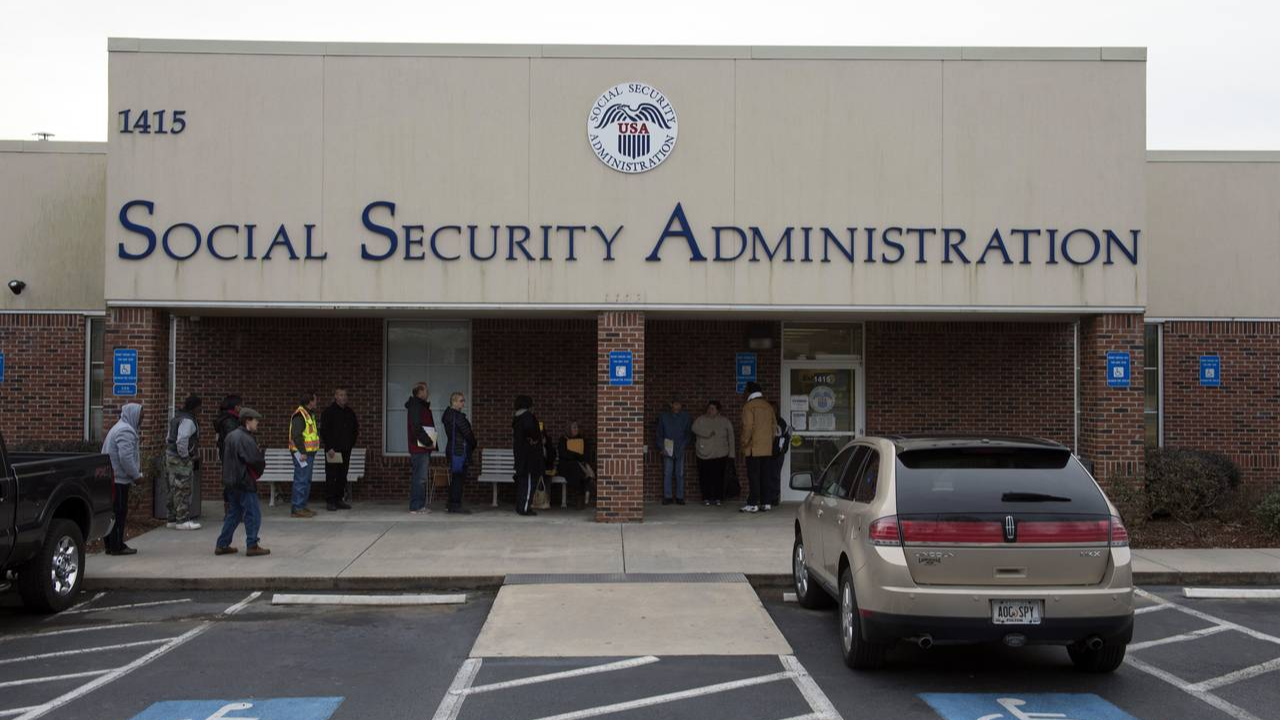The Social Security Administration (SSA), which handles Social Security, Supplemental Security Income (SSI), and Social Security Disability Insurance (SSDI) payments, is appointing new leadership.
Leland Dudek is currently serving as the Acting Commissioner of the SSA. He has reportedly provided sensitive internal information to Elon Musk’s so-called “Department of Government Efficiency” at the White House.
While this has led to an investigation into his actions, former President Trump appointed Dudek to lead the agency on an interim basis.
Recent Changes at the SSA
In recent weeks, the SSA has rolled out several changes, citing efficiency and fraud prevention as key reasons. However, critics argue these shifts are making it harder for people to access the benefits they rely on.
One report from WIRED earlier this month suggested that the SSA was considering shutting down its online communications portal in favor of using Elon Musk’s social media platform X.
The agency has since denied this, clarifying that it will continue to use all available channels to communicate with the public.
New Anti-Fraud Procedures
A significant new rule took effect on April 14. The SSA is now conducting anti-fraud checks on all claims submitted by phone.
Any claim flagged for potential fraud will require the individual to visit a local SSA office in person to verify their identity. Only after that verification will the SSA complete the action the caller initially requested.
The SSA receives about 4.5 million phone calls each year, and it estimates that roughly 70,000 calls may be flagged under the new system. Those affected will need to travel to an SSA office for further assistance.
Additionally, starting on the same day, the SSA stopped accepting benefit applications and changes to direct deposit details over the phone.
The Center on Budget and Policy Priorities (CBPP) warns that this change could be especially difficult for about six million seniors, who may now have to travel an average of 45 miles to reach the nearest SSA office.
Although online options remain available—including submitting applications and updating bank information through the MySocialSecurity portal—these are not always accessible for everyone.
Many beneficiaries face obstacles such as limited access to internet service, computers, smartphones, or the digital skills needed to navigate complex, multi-step online verification processes.
The CBPP also highlighted a growing issue: as the SSA encourages online use, the Department of Government Efficiency (DOGE) is making changes to online authentication methods that have caused frequent system outages and access issues, further complicating the process for users.
Disclaimer- Our team has thoroughly fact-checked this article to ensure its accuracy and maintain its credibility. We are committed to providing honest and reliable content for our readers.






